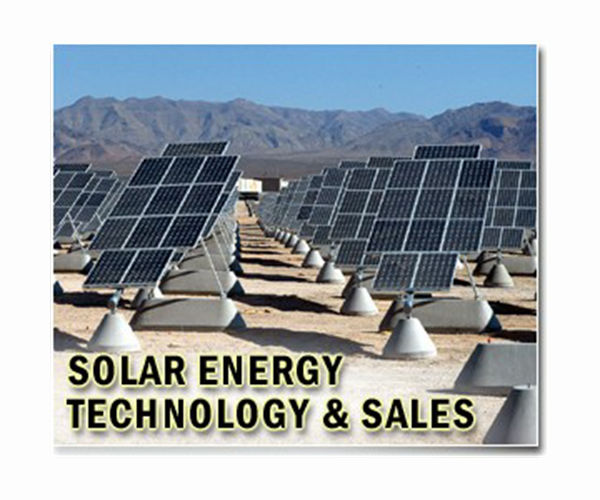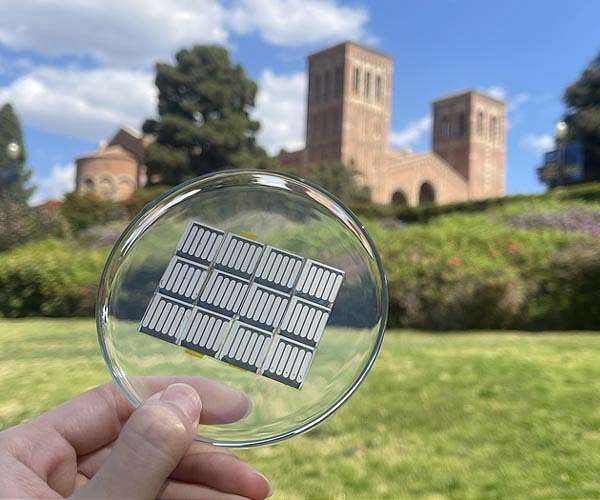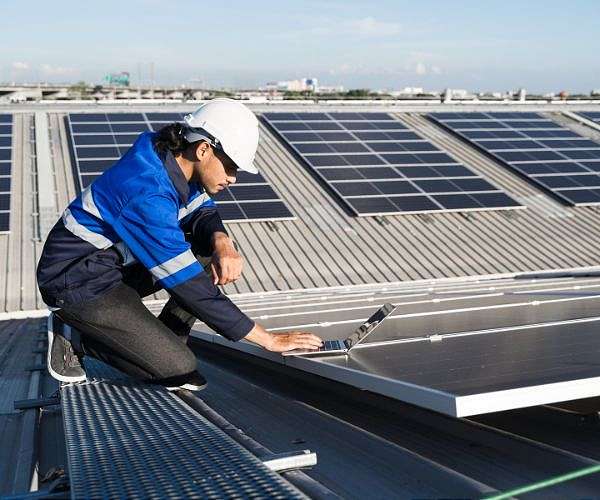MAGNOLIA, Texas – You’ve heard the phrase “selling like hotcakes.”
Well right now in Texas, new companies and vendors are getting a lot of sales of solar panel power systems to homeowners.
All of this creates the perfect environment for solar panel scam artists and shady business people.
That’s something 92-year-old Tommy Ellis, a Navy veteran and former AT&T technician now retired in Magnolia, knows a lot about.
He signed up for solar power months ago and now deeply regrets signing up with the company that came to him with big promises and not much else.
Last January, Tommy and his wife Nell pulled more than $75,000 in cash out of their retirement savings to pay one of those solar panel companies to put 22 power-harvesting solar panels on their roof.
RELATED: Houston homeowners wait to get grid-connected solar panels
The salesman promised that they would save the planet and save electricity in a big way.
“Well, I wanted to do the right thing, and I had been thinking about it, and I thought I would be able to lower my electricity bill to where I wouldn’t have much of an electricity bill. I’d generate my own electricity,” said Tommy, shaking his head in disgust.
Seven months later, Tommy wishes he had never installed that solar panel salesman on his property.
“What’s happened to your electric bills since you got these solar panels on?”, KPRC 2’s Bill Spencer asked Tommy.
“Well, they’ve gone up. They have really gone up. It was $250 to $350 a month, but now it’s over $400 a month,” he said. “I’m ashamed to tell you that.”
Over the past five years, the Better Business Bureau has received a total of 2,382 complaints against solar panel companies throughout Texas, more than half of which have been filed against solar panel installers.
Gage Mueller is a solar energy expert with ADT Solar who says the solar panel business in our state is literally exploding right now with new companies jumping in every day to hopefully make a killing.
Mueller says that given this environment, there are three big lies you are likely to hear from some salespeople who would approach you for a sale.
Big Lie #1: The government will pay for it:
“The government is going to write you a check for 30% of your total solar system. So, if the system was $100,000, the governments would write you a check for 30 grand, and that’s not true,” Gage said.
Actually, the government offers a 30% tax credit, but that’s only for those with enough taxable income to qualify for it and you have to apply for it that credit.
Big lie #2: You’ll never pay another electric bill again.
“The truth is that you won’t be able to eliminate that electricity bill because the utility company charges a delivery fee that you have to pay. You have to run your system through the utility company’s grid and they’re going to charge you for that, regardless of how much energy you collect with your panels,” Gage said.
Big Lie #3: Power outages won’t affect you
“Big lie number three, Bill, is that you’ll have power when the power goes out. That’s not true unless you have a battery and those batteries are expensive,” Gage said.
The truth is you need solar powered batteries to do that which can cost up to $15,000 each.
What is doable with a good solar system?
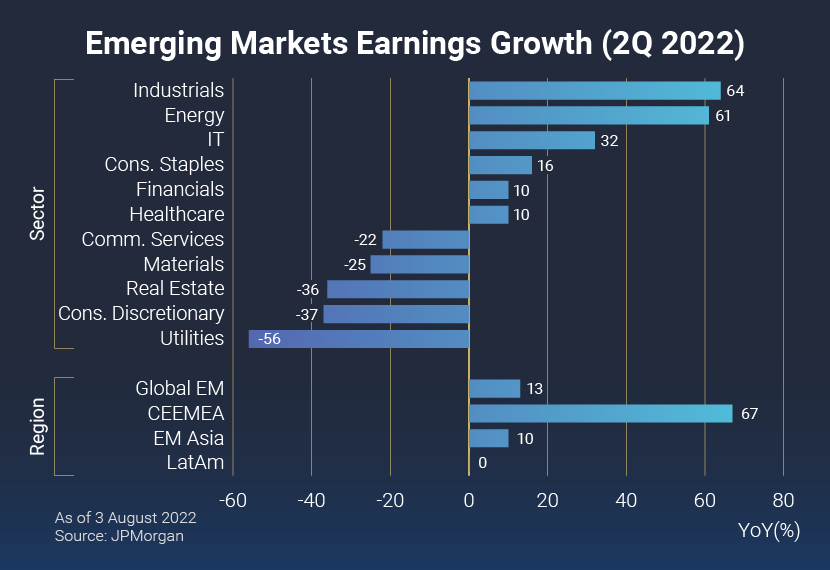
“When it comes to saving you money, any solar company is going to try to get you under about a $50 to $60 a month electric bill,” Gage said. To see also : Marines shut off power, run base with renewable energy.
So with so many new companies out there now installing solar, how can you protect yourself and get the kind of electric power savings you really want?
Step One: Call Your Tax Professional / IRS First
“Call your tax professional or CPA to confirm that you are going to qualify for the tax credit. The sales guy is a sales guy trying to make a sale, but you need to know if you’re going to qualify for that tax credit or not,” Gage said.
Step Two: Make Your Roof Solar Ready
“So, you need to find out how old your roof is. How fragile is your roof. Is he going to withstand everything that happens up there. Sometimes people need to replace their roofs ahead of time or wind up paying thousands of dollars more to have their newly installed panels taken down and installed again after the roof is repaired,” he said. Gage.
Step Three: Buy From A Company That Does It All, Sales, Installation And Service
“That way you’re going to call one company, or one person throughout the life of your system versus do I call the sales guy, the installer, do I call the third party warranty company. In other words, where am I going to go to get help when something goes wrong,” Gage said.
Finally, keep in mind that there is currently a backlog of solar panel projects in the Houston Metro area that CenterPoint Energy still needs to approve before those new solar panel systems can even be turned on.
Watch an extended interview with Gage Mueller talking about that problem below:
Copyright 2022 by KPRC Click2Houston – All rights reserved.
How long does it take to pay off solar panels in Texas? The average payback period for solar panels in Texas is about 13 years. Your payback period will depend on the cost of your system and the amount of power it produces. The more energy your system produces, the faster it will pay for itself.
Will there be solar incentives in 2022?
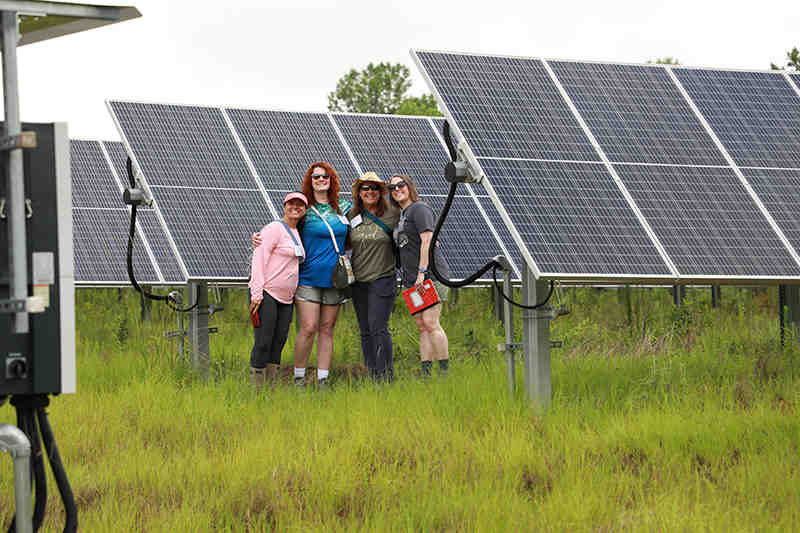
In December 2020, Congress passed an extension of the ITC, which provides a tax credit of 26% for systems installed in 2020-2022, and 22% for systems installed in 2023. This may interest you : Solar gard san diego ca 92123. (Systems installed before December 31, 2019 eligible for 30% tax credit.)
Are there any grants for UK solar panels 2022? Although there are no grants in the traditional sense, there are opportunities for solar panel finance in the UK. At present, the only scheme open to new applications is the Smart Export Guarantee (SEG). Ends 31 March 2022! RHI only applies to solar water heating.
What is the future outlook for solar energy?
Compared to the approximately 15 GW of solar capacity deployed in 2020, annual solar use averages 30 GW in the early 2020s and increases to an average of 60 GW between 2025 and 2030. Similarly, significant solar deployment rates continuing into the 2030s and beyond.
Is solar energy sustainable for the future?
Solar energy is naturally more sustainable than fossil fuel energy sources and is more environmentally sustainable. It converts solar energy into electrical energy and makes use of the largest, most sustainable resource on the planet, sunlight.
What is the biggest problem with solar energy?
Intermittent. One of the biggest problems that solar energy technology causes is that energy is only produced while the sun is shining. That means night and cloudy days can interrupt the supply.
What are the most efficient solar panels 2022?
| Most Efficient Solar Panels | Efficiency Scale | Power |
|---|---|---|
| LG NeON R | 22.3% | 405 See |
| Jinko Solar Tiger Neo | 22.3% | 620 W |
| REC Solar Alpha | 21.9% | 405 See |
| Panasonic EverVolt | 21.7% | 380 W |
Will solar panels ever reach 50% efficiency?
A new type of solar technology has set a world record for the most efficient generation of energy by a solar cell. By stacking six different photoactive layers, the record-setting multi-junction cell has reached nearly 50 percent efficiency in the lab and nearly 40 percent in real-life “single sun” conditions.
Are 100% efficient solar panels possible?
The holy grail of photovoltaics has been discovered with a new compound semiconductor material called ‘liquid sunlight’. Researchers have discovered what appears to be the ‘holy grail’ of photovoltaics with a new semiconductor material that can convert the entire solar spectrum into “green” electrical power with 100% efficiency.
Which type of solar panel has the highest efficiency?
Panels built using ‘interdigital back contact’ or IBC cells are the most efficient, followed by heterojunction cells (HJT), half-cut and multi-busbar monocrystalline PERC cells, swing cells and finally 60-cells ( 4-5 busbar) mono cells.
How much solar Are we expected to install in the US in 2022?
However, they remain optimistic in their five-year forecast: the US is expected to install 112 GW of utility-scale solar capacity between 2022 and 2027. The commercial and community solar markets are much smaller, with 317 MW and 197 MW installed in Q1 2022, respectively.
Is demand for solar panels increasing?
Thanks to strong federal policies like the Solar Investment Tax Credit, rapidly falling costs, and growing demand across the private and public sector for clean electricity, more than 121 gigawatts (GW) of solar capacity have been installed across the country, which is enough to power 23.3 million. homes.
How much solar is installed in the US?
From just 0.34 GW in 2008, US solar power capacity has grown to an estimated 97.2 gigawatts (GW) today. This is enough to power the equivalent of 18 million average American homes.
How much solar energy is used in the US 2022?
Solar power will account for nearly half of new US electricity generation capacity in 2022. In 2022, we expect 46.1 gigawatts (GW) of new utility-scale electricity generation capacity to be added to the US power grid, according to our Introductory Monthly Electricity Producer Inventory.
Does solar increase home value?

Installing solar panels in a home not only helps reduce current monthly utility bills; it can potentially increase a home’s value by up to 4.1% more than similar homes with no solar panels, according to recent solar research done by Zillow – or an additional $9,274 for the median value home in the US
Do solar panels increase appraisal value? According to the findings of various studies, installing solar panel systems on your home can increase the resale value of the property by an average of $4,020 to $5,911. This means that installing a typical 5kW residential system can boost your home’s resale value by nearly $30,000.
How much value do solar panels add to a house?
Yet recent studies show an average increase in resale value between $4,020 and $5,911 for every 1 kilowatt of solar panels installed. At $4,020 per kilowatt, a 5 kilowatt solar panel installation would add an average of $20,100 to the market value of an average-sized US home.
Do solar panels really increase home value?
Installing solar panels in a home not only helps reduce current monthly utility bills; it can potentially increase home value by up to 4.1% more than similar homes with no solar panels, according to recent solar research done by Zillow or an additional $9,274 for the median value home in the United States.
Is it harder to sell a house with solar panels?
Solar leases cause the most difficulty when solar home owners go to sell, according to a Colorado real estate agent who trains other professionals on selling solar homes – but it’s only one in five problems that arise is common when solar homes go on the market. .
Do solar panels Increase home value 2021?
Installing solar panels can increase the value of your home by over 4%. The average household saves $10,000-$30,000 in energy costs from installing solar panels. It can take several years for the value of your home to accumulate due to solar panels. Most solar customers get credits that cancel their energy bills.
Are solar panels a good investment in 2021?
Are solar panels worth it in 2021? The short answer: yes. Today’s rooftop solar systems are sleek and can integrate into your home design while allowing you to generate your own energy.
Do solar panels raise the value of your home?
Installing solar panels in a home not only helps reduce current monthly utility bills; it can potentially increase home value by up to 4.1% more than similar homes with no solar panels, according to recent solar research done by Zillow or an additional $9,274 for the median value home in the United States.
Is it hard to sell a house with solar panels?
Fortunately, selling a home with solar panels is not as difficult as many people think – you just have to understand what buyers want and be aware of the potential challenges. In many cases, having solar panels on your home actually increases the value of your home and makes it more attractive to buyers.
Are solar panels hard to sell?
Solar leases cause the most difficulty when solar home owners go to sell, according to a Colorado real estate agent who trains other professionals on selling solar homes – but it’s only one in five problems that arise is common when solar homes go on the market. .
Do solar panels make it harder to sell house?
According to a recent Zillow report, homes with solar panels sell for an average of 4.1% more than similar homes without solar across the United States. A study conducted by Berkeley Lab also found that homes with solar panels tend to sell faster than those without.
Do solar panels hurt the resale value of your home?
Installing solar panels in a home not only helps reduce current monthly utility bills; it can potentially increase home value by up to 4.1% more than similar homes with no solar panels, according to recent solar research done by Zillow or an additional $9,274 for the median value home in the United States.
Is it worth going solar in Texas?
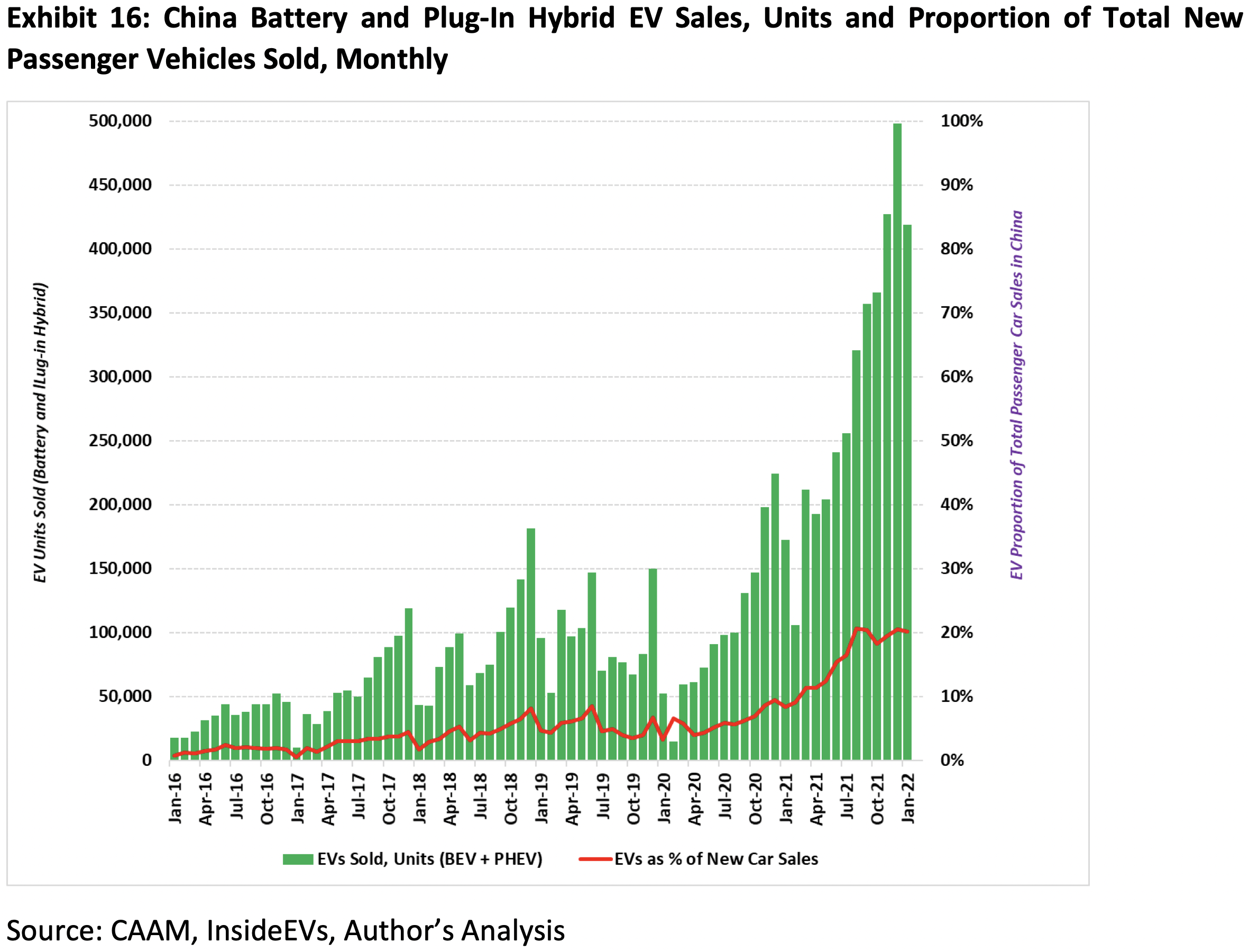
The simple answer is yes, solar panels are worth it in Texas. With the large amount of sunshine, the wide range of cost-effective incentives, and the use of clean, renewable energy, we’d say it’s a wise investment. Solar panels are good for the environment and good for your budget.
Is Texas good for solar power? Fortunately, Texas has some of the strongest sunshine and receives high average peak sun hours, making it easier for your solar panels to save as much money as possible.
Do solar panels increase home value in Texas?
South Texas Solar Systems analyzes show that solar homes sell 20% faster than properties without solar panels. Owning solar panels in Texas can add $3 per watt to your property value.
Do solar panels increase property taxes in Texas?
Solar Energy System Property Tax Exemption Add a new rooftop solar panel system to your Texas home and your property taxes won’t go up. Installing a photovoltaic (PV) system in Texas could also help you build home value.
How much will solar panels increase my property value?
A few studies have shown that solar installations increase the resale value of a home by up to $6,000 for every kilowatt of solar panels installed, or about 4.1% of the home’s value. However, this can vary considerably from one geographical location to another, even for similar homes with similar solar panel systems.
Are solar panels in Texas worth it?
Yes, solar is worth it in Texas! In fact, solar panels are worthwhile in most areas, although certain factors – including the cost of electricity, the incentives available, the climate, and the angle of the sun – will all affect how quickly the you will recover costs on your investment compared to others. areas.
Are solar panel worth it in Texas?
Yes, solar is worth it in Texas! In fact, solar panels are worthwhile in most areas, although certain factors – including the cost of electricity, the incentives available, the climate, and the angle of the sun – will all affect how quickly the you will recover costs on your investment compared to others. areas.
How much can you save with solar panels in Texas?
On average, Texas homeowners could save between $65 and $100 per month on electricity costs after installing a solar panel system that meets 50% or more of their electricity needs. Remember, however, that this range represents an average, so your own monthly savings could be less or more.
How much does it cost to put solar panels on your house in Texas?
As of February 2022, the average cost of solar panels in Texas is $2.69 per watt and the average cost of installing solar panels can range anywhere from $11,432 to $15,468, according to Energy Sage.
How long will it take for solar panels to pay for themselves?
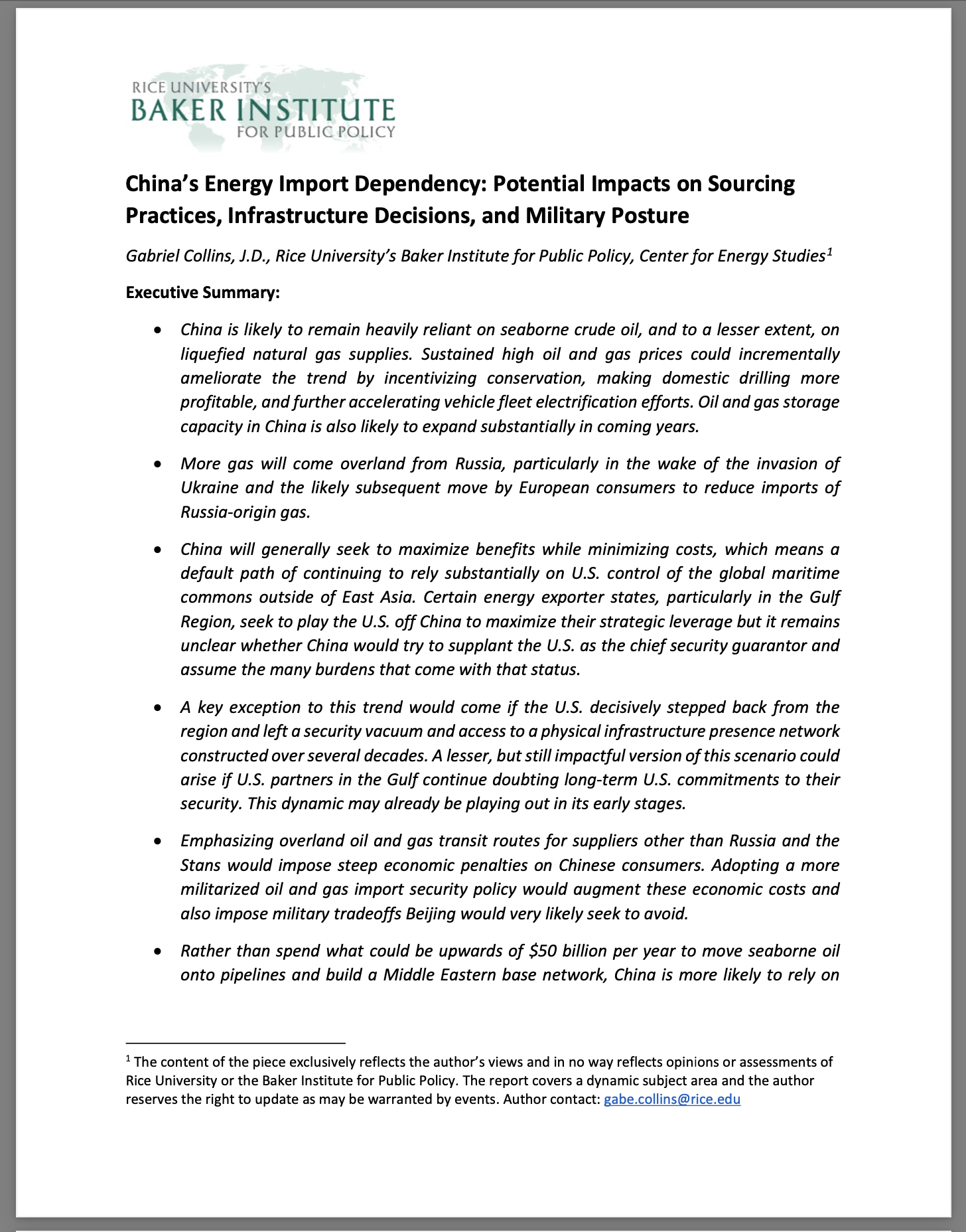
The most common estimate of the average payback period for solar panels is six to ten years. This is quite a wide range as there are many factors that will influence the number of years it can take to pay off your panels and the monthly savings you can expect.
How much money do you get back from solar panels? In December 2020, Congress passed an extension of the ITC, which provides a tax credit of 26% for systems installed in 2020-2022, and 22% for systems installed in 2023. (Systems installed before December 31, 2019 eligible for a 30% tax credit.) The tax credit expires beginning in 2024 unless Congress renews it.
How quickly does solar pay for itself?
Key takeaways Solar panels pay for themselves over time by saving you money on electricity bills, and in some cases, earning you money through ongoing incentive payments. The average payback time for solar panels is between 5 and 15 years in the US, depending on where you live.
What is average monthly payment on solar system?
The average cost to lease solar panels ranges from about $50-$250 per month. A solar energy system is something that many homeowners can purchase or lease to generate energy savings and reduce the energy bill in your home. There are several ways to finance your solar installation.
What are the 2 main disadvantages to solar energy?
Disadvantages of Solar Energy
- Cost. The initial cost of purchasing a solar system is fairly high. …
- Dependent on the Weather. Although solar energy can still be collected during cloudy and rainy days, the efficiency of the solar system decreases. …
- Solar Energy Storage is Expensive. …
- Uses a Lot of Space. …
- Related to Corruption.
How do most people pay for solar?
There are three main ways to pay for solar: with a cash purchase, with a solar loan, or with a solar lease/power purchase agreement.
How much should you pay for a solar system?
With installation, an average 5-kW residential system costs between $3 and $5 per watt, according to the CSE, which puts it in the $15,000 to $25,000 range. That cost is before any tax credits or incentives. If you know your current energy consumption, you can calculate how much you will need to pay for solar panels.
Will a solar system pay for itself?
Many rooftop solar systems will pay for themselves in five to 10 years using a simple cost benefit calculation, but that only tells us part of the story. We need to consider a variety of other costs and benefits, which may be a little less obvious but are still just as real.
What are the 2 main disadvantages to solar energy?
Disadvantages of Solar Energy
- Cost. The initial cost of purchasing a solar system is fairly high. …
- Dependent on the Weather. Although solar energy can still be collected during cloudy and rainy days, the efficiency of the solar system decreases. …
- Solar Energy Storage is Expensive. …
- Uses a Lot of Space. …
- Related to Corruption.
Is it harder to sell a house with solar panels?
Solar leases cause the most difficulty when solar home owners go to sell, according to a Colorado real estate agent who trains other professionals on selling solar homes – but it’s only one in five problems that arise is common when solar homes go on the market. .
Do solar panels ever pay for themselves?
Solar panels pay for themselves over time by saving you money on electricity bills, and in some cases, earning you money through ongoing incentive payments. The average payback time for solar panels is between 5 and 15 years in the US, depending on where you live.

